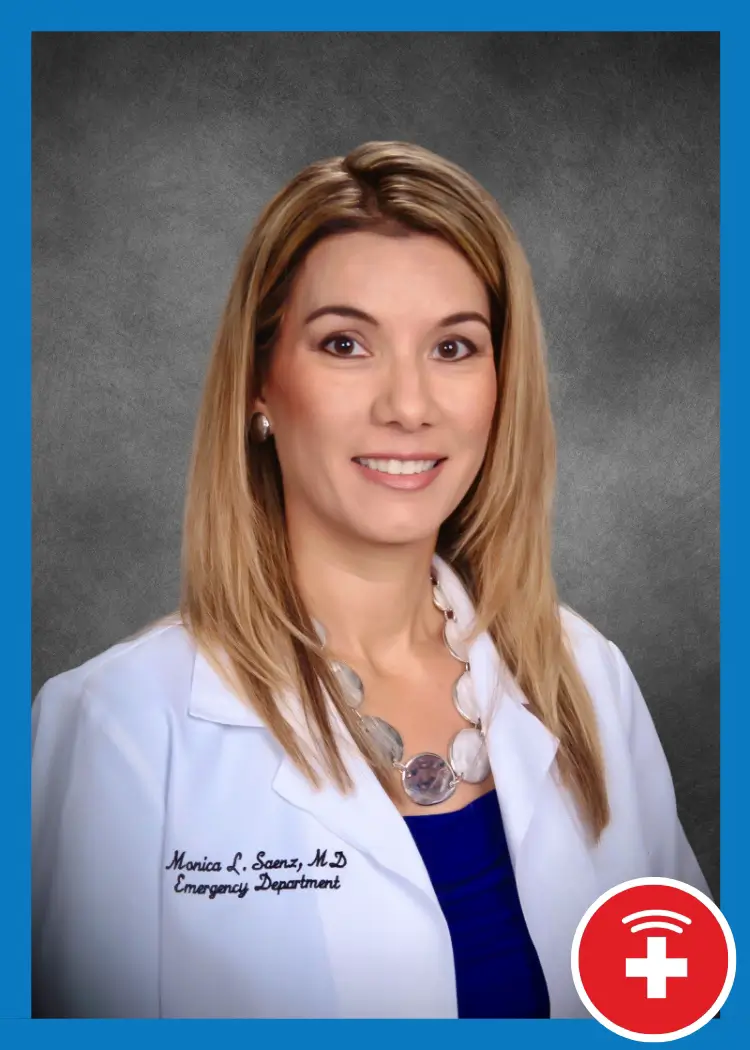When to Get an X-Ray: Common Reasons for an Urgent Care Visit

Key Points
- Urgent care clinics provide a convenient option for accessing X-ray services and can help diagnose various conditions, such as respiratory illnesses and broken bones.
- Urgent care clinics offer a variety of X-rays depending on the patient’s symptoms and medical history, including chest, abdominal, and bone X-rays.
- X-rays at urgent care are cost-effective, convenient, and accessible, with shorter wait times than hospitals.
The X-ray Process
Most X-rays don’t need special preparation. Your doctor might ask you to remove jewelry, glasses, or any metal objects or clothing that could interfere with the image.
You can have X-rays while standing or lying down, depending on which body part is being examined.
An X-ray machine transmits a beam of radiation through your body. Your hard and dense bones block the beam, showing up as white on the film. Softer tissues like muscle and fat appear as different shades of gray.
Who might need an X-ray?
People of all ages, from babies to adults, can have an X-ray. If you could be pregnant, let your doctor know beforehand. X-rays have radiation that can hurt a baby in the womb.
Your doctor might suggest an X-ray if they can’t figure out the problem just by looking at you or touching you. An X-ray gives a better view of what’s happening inside your body so your doctor can treat you.
Your provider may order an X-ray if you are experiencing the following:
- Difficulty walking or moving: If you’ve injured your ankle, leg, or foot and find it hard to walk even a short distance, an X-ray can show if you’ve broken a bone. While sprains don’t appear on X-rays, they can help show a fracture in the ankle or foot.
- Persistent swelling: If swelling persists for days, an X-ray can reveal whether a bone fracture or fluid around a joint is causing it. It might also show changes in soft tissue that could cause internal inflammation.
- Joint pain or stiffness: X-rays can diagnose arthritis and help doctors monitor joint conditions. They can also detect fluid buildup from a joint injury.
- Difficulty breathing: Chest X-rays help diagnose chronic lung problems like lung cancer or acute conditions like pneumonia. They also show changes to the heart that can affect your breathing.
- Digestive problems: For digestive issues, an X-ray, often with a barium swallow, can help doctors understand what’s happening. X-rays can also locate non-food items swallowed, like marbles or keys.
Related: Sports Injury Treatment at Urgent Care
Types of X-rays at Urgent Care
- Abdominal X-ray: This X-ray captures images of your kidneys, stomach, liver, and bladder. It helps diagnose conditions such as kidney and bladder stones.
- Bone X-ray: A bone X-ray helps your provider identify broken bones (fractures), dislocated joints, and arthritis. Additionally, it can show indications of bone cancer or infection. A spine X-ray examines the bones and tissues in the spine.
- Chest X-ray: It captures images of heart ribs, lungs and diaphragm. It helps diagnose and monitor conditions like pneumonia, tuberculosis, lung cancer, and other lung or heart diseases.
Does Urgent Care Do X-rays
Emergency rooms aren’t the only places to get an X-ray. Most urgent care clinics have X-ray machines available. According to a study, urgent care providers use X-rays a lot; about 88% of all visits coded as radiology were for X-rays.
Getting an X-ray at an urgent care can help diagnose various health issues. Doctors at urgent care often use X-rays to diagnose and decide on the best treatment for you. This can be convenient if you need medical help immediately and can’t wait to see your regular doctor.
Benefits of Getting X-rays at Urgent Care
Shorter Wait times Compared to Emergency Care
Urgent care centers usually have shorter wait times than emergency rooms and primary care offices. This is because you can walk in without an appointment, with extended hours, and be seen by a provider specializing in urgent but non-life-threatening cases.
Urgent Care Provides Quality Care
Urgent care clinics partner with radiologists to provide accurate results. The quality of care you receive at an urgent care clinic is as good as what you’d get at a hospital or imaging center.
Urgent Care as a Cost-Effective Care Option
Getting an X-ray at urgent care is often cheaper than going to a hospital or imaging center. Many urgent care centers offer services at lower rates and accept a wide range of insurance plans.
Find an X-ray lab near you for immediate local care
If you need an X-ray, DOC-AID Urgent Care is available seven days a week to assess your concerns and decide the best course of action. Locate laboratory tests near you in Laredo, TX, Weslaco, TX, and Pharr, TX. Learn more about our urgent care service.


